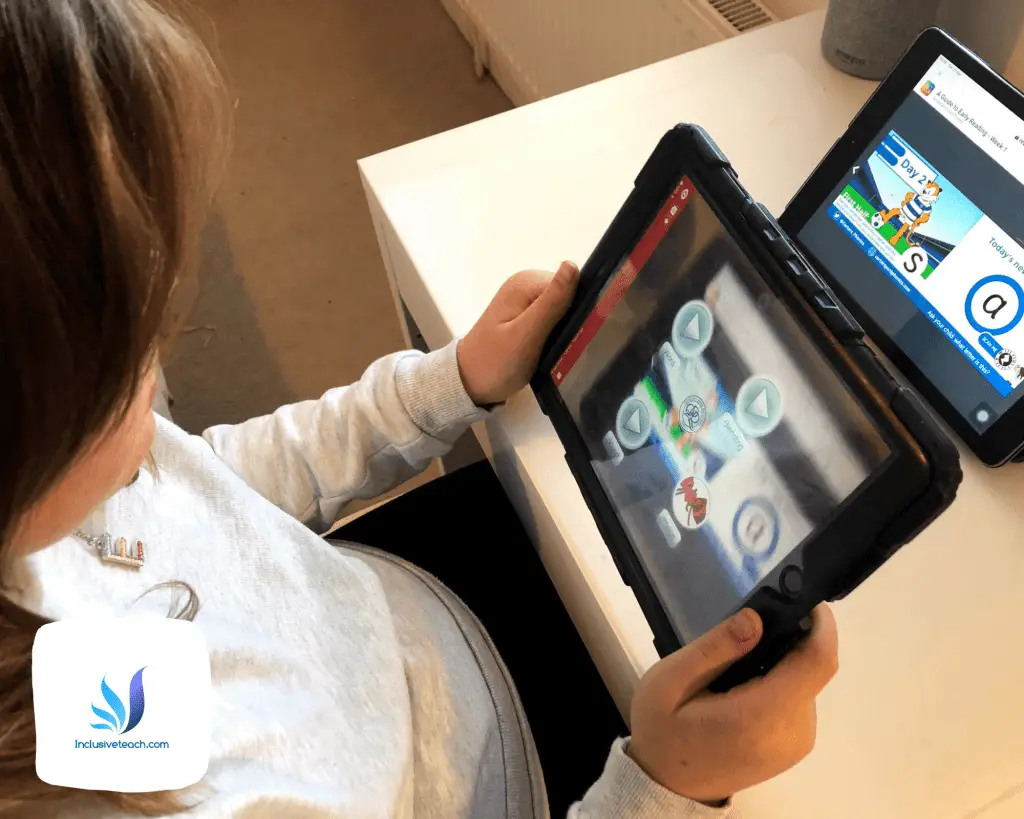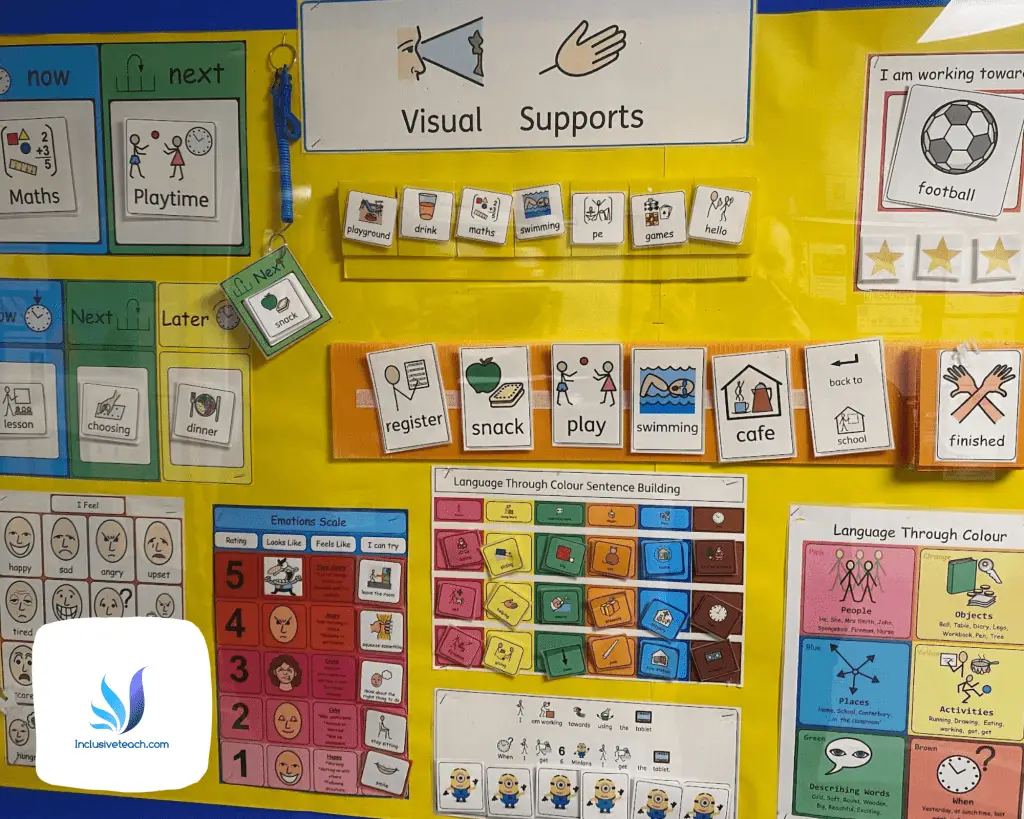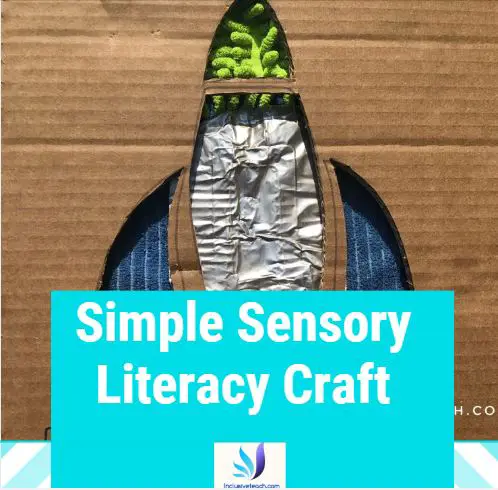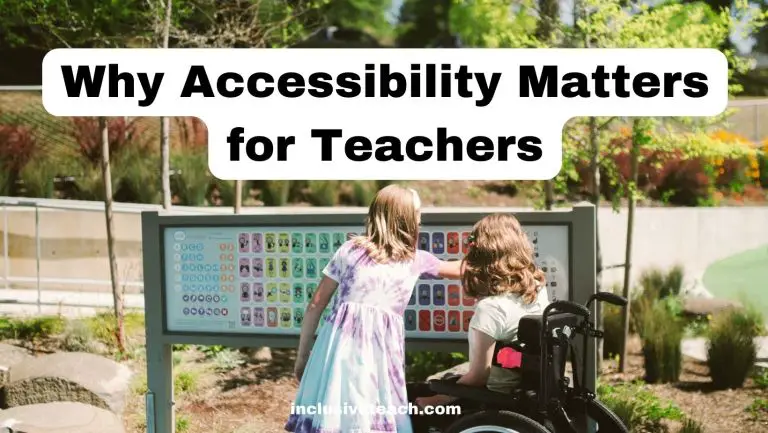High Quality Interventions for Pupils with SEN
Effective Interventions for Pupils with SEN: What Does the Evidence Say?
Providing effective support and high quality interventions for pupils with SEN (special educational needs and disabilities) can be challenging. However, research shows that evidence-based interventions tailored to pupils’ specific needs and implemented with fidelity can narrow the achievement gap. The following principles and interventions represent best practices for supporting pupils with SEND and promoting inclusion.
Principles for Implementing Interventions for Pupils with SEN:
- Provide early intervention as soon as difficulties are identified to prevent pupils falling further behind
- Use evidence-based interventions that have been shown to be effective
- Measure the impact of interventions to evaluate their effectiveness and make adjustments where needed
- Engage parents and involve pupils in goal-setting and intervention planning
- Ensure high quality teaching for all pupils through adaptive teaching, reasonable adjustments, and targeted support
- Train support staff to deliver interventions effectively and monitor their implementation
Specific interventions:
Literacy:
- Phonics and synthetic phonics approaches show consistently positive impact for pupils with literacy difficulties
- Identifying pupils’ needs in terms of difficulties with single word reading, comprehension, or both allows tailored interventions
- Teaching comprehension strategies and explicitly linking morphology instruction to spelling and reading support some pupils

Numeracy:
- Meta-cognition and self-regulation, one-to-one and small group tuition, and teaching strategies show positive impact
- Manipulatives and concrete resources are helpful for pupils with numeracy difficulties
Social, Emotional and Mental Health:
- Social skills programmes, cognitive behavioural therapy, and monitoring/mentoring approaches show positive benefits
- Exercise interventions and support groups can also help address behavioural difficulties
Life skills and independence:
- Direct instruction of organisation and planning skills through student logs and checklists improve pupils’ preparation
- Practical interventions and assistive technologies support pupils with motor difficulties and physical disabilities
Speech, language, and communication:
- Speech and language interventions delivered by qualified therapists can effectively improve pupils’ communication skills
- Teaching AAC (augmentative and alternative communication) systems support pupils with communication difficulties

The key is to select evidence-based interventions that address pupils’ specific needs, are implemented well by trained staff, and are monitored for effectiveness. Combined with high quality teaching, targeted interventions can make a real difference for pupils with SEN.
References/Further Reading
DFE: SEN support: A rapid evidence assessment Research report, July 2017
SEN support: research evidence on effective approaches and examples of current practice in good and outstanding schools and colleges. DFE/Coventry University







